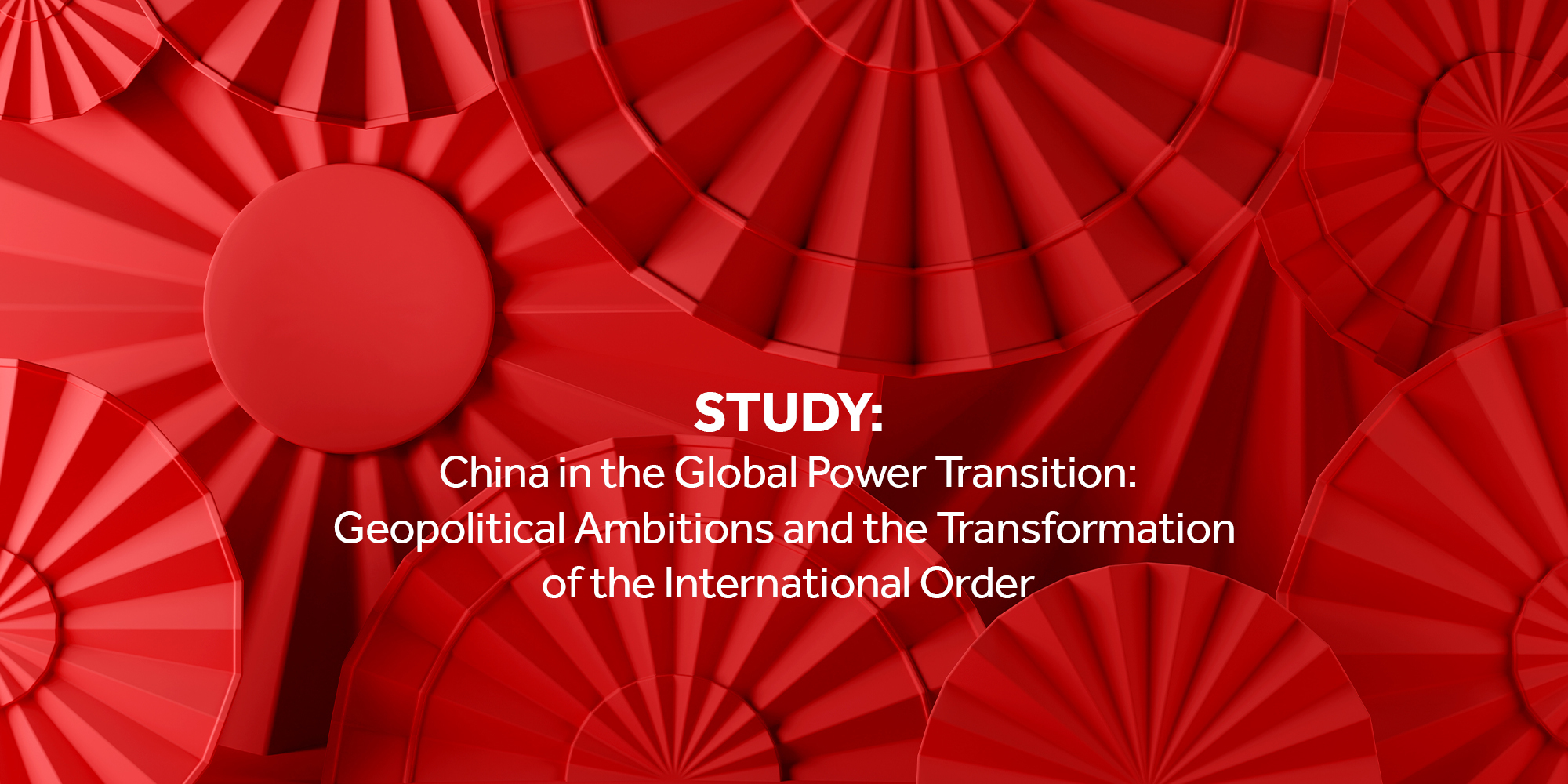On the basis of facts and democratic principles
The Digital Forensic Center (DFC) expresses regret over the inaccurate and unfounded assessments issued by the Embassy of the People’s Republic of China in Podgorica, aiming to discredit our latest DFC study “China in the global power transition: Geopolitical ambitions and transformation of the international order.” The embassy’s statement, published on 5 June 2025, represents an attempt to discredit independent research based on verified data, relevant sources, and internationally recognized methodology.
DFC consistently applies principles of impartiality, scientific objectivity, and transparency in its work. The study on China is not an attack but an analytical reflection of the broader strategic context of Chinese actions in Montenegro, the Western Balkans region, and beyond—such as economic, media, political, and digital aspects of that engagement. All claims are supported by publicly available facts, official sources, analyses of international organizations, and previous research in geopolitics, security, and economics.
The title of the embassy’s statement itself clearly indicates an intent to portray DFC’s work as hostile. In six points, the embassy presents no specific arguments that would refute the facts, sources, or analytical findings presented in the study.
While the six points the embassy made do not address DFC directly, they misrepresent both reality and the study’s conclusions:
1. The study does not question the “One China” policy. However, observations on Xinjiang and Hong Kong are based on reports from the United Nations, Human Rights Watch, Amnesty International, and numerous international media and academic sources documenting systematic human rights violations.
2. The study emphasizes strong trade links between China and the EU, but also analyzes and warns about imbalances, dependencies, and possible geopolitical implications—including digital infrastructure, energy security, and technological sovereignty—concerns echoed by senior EU officials.
3. The study clearly states that China does not interfere in Montenegro’s internal affairs and supports Montenegro’s EU membership. Yet, similar Western Balkan cooperation arrangements frequently lack transparency, and often entail environmental and labor rights issues, as seen during the highway construction in Montenegro, which can slow EU integration.
4. While global powers from both West and East aim to strengthen their influence in Africa, numerous reports—including African sources—point to debt-trap diplomacy, uneven economic relationships, and dominance of Chinese firms in projects that do not yield sustainable benefits for local communities. Numbers alone do not exclude the need to assess structural dependency.
5. The Chinese Embassy in Montenegro refers to Russia’s brutal aggression against Ukraine as a “Ukrainian crisis,” indicating China’s stance on Russia’s actions regarding Ukraine’s sovereignty and territorial integrity. Just before the Russian aggression, China signed a “no-limits” cooperation declaration with Russia. Chinese officials also justify Russia’s aggression by alleging NATO expansion—raising questions about how China perceives Montenegro’s NATO membership and whether it views it as a threat to Russia, thus possibly justifying aggression.
6. Our study does not deny the importance of cultural and educational exchange. However, Montenegrin citizens and policymakers should be aware that media, culture, and education are standard tools of soft power used by major powers. The claim that China does not spread disinformation is easily verifiable. Examples include manipulative NATO‑expansion narratives in the context of the COVID‑19 pandemic—cases DFC revealed in 2020.
Finally, the aim of the study is not to attack China but to contribute to an open and informed debate on the influence of great powers in our country and region. Instead of offering concrete arguments, the embassy resorts to rhetoric to influence public perception and discourage independent research.
We understand that the role of any embassy—including the Chinese— is to represent and protect its country’s interests. However, it should be understood that DFC’s mission is to protect Montenegro’s strategic interests, its democratic development, freedom of expression, and society’s resilience to malign influences, no matter their origin. Critical analysis is not a hostile act but the foundation of a healthy democratic society.
We invite the Embassy of the People’s Republic of China, as well as all other interested actors, to constructive dialogue, fully respecting freedom of expression, academic independence, and the public’s right to be informed about key geopolitical issues. In democratic societies, critical reflection and analytical thinking are not attacks—they are the basis for responsible public discussion.
DFC will continue conducting research on public-interest topics, including foreign actors’ activities, in line with its mission to strengthen society’s resilience to information manipulation and hidden influences, aiming to bolster democracy in our country.

